A lion cub is a juvenile lion that has not yet reached adulthood. They grow up in a pride – a group of male and female lions. The word “cub” comes from the Middle English “cubbe” which refers to a young animal.
Quick Facts About Lion Cubs
- Lion cubs are born with spots that fade as they grow older.
- Cubs start eating meat when they are about three months old.
- Lionesses work together to raise and feed all the cubs in the pride.
- Cubs can make soft roars at about one year old but don’t have a full roar until they’re two or three years old.
- A cub’s fur helps it hide in the grass.
- Cubs use their whiskers to feel their surroundings and sense movement.
- Playing helps cubs learn how to hunt.
- Male cubs leave their pride when they are about two or three years old.
How Lion Cubs are Born
Lions don’t have a specific season for mating. A female in heat (ready to mate) may mate with several males in the pride. A pair can mate up to 40 times a day!
A lioness is pregnant for about 110 days before giving birth. She leaves the pride to have her cubs in a hidden spot to keep them safe.
Lionesses usually give birth to two to four cubs at a time.
Cubs drink their mother’s milk for about six months. She keeps them hidden for about six weeks before bringing them to meet the pride.
Lion Cubs & Prides
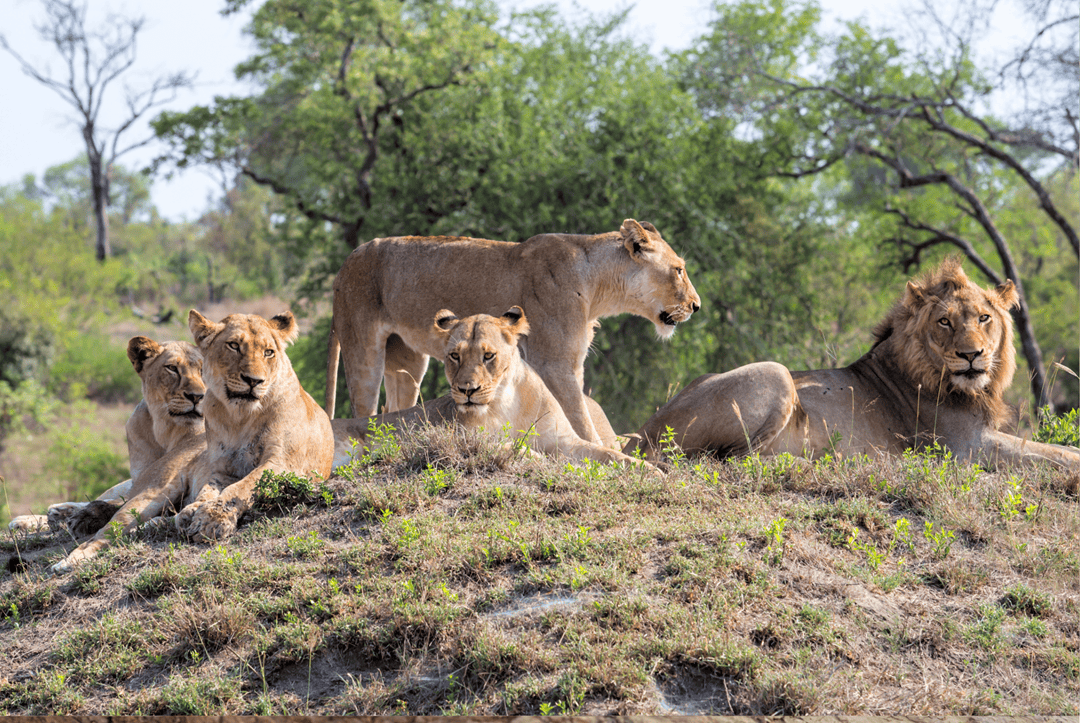
Lion cubs grow up in prides. A lion pride is a group of lions that live together and share responsibilities like hunting, protecting territory, and raising cubs. Lions are the only big cats that live in such a social group, and their pride structure is key to their survival. A pride usually consists of female lions, their cubs, and a few adult males.
Prides, Female Lions and Cubs
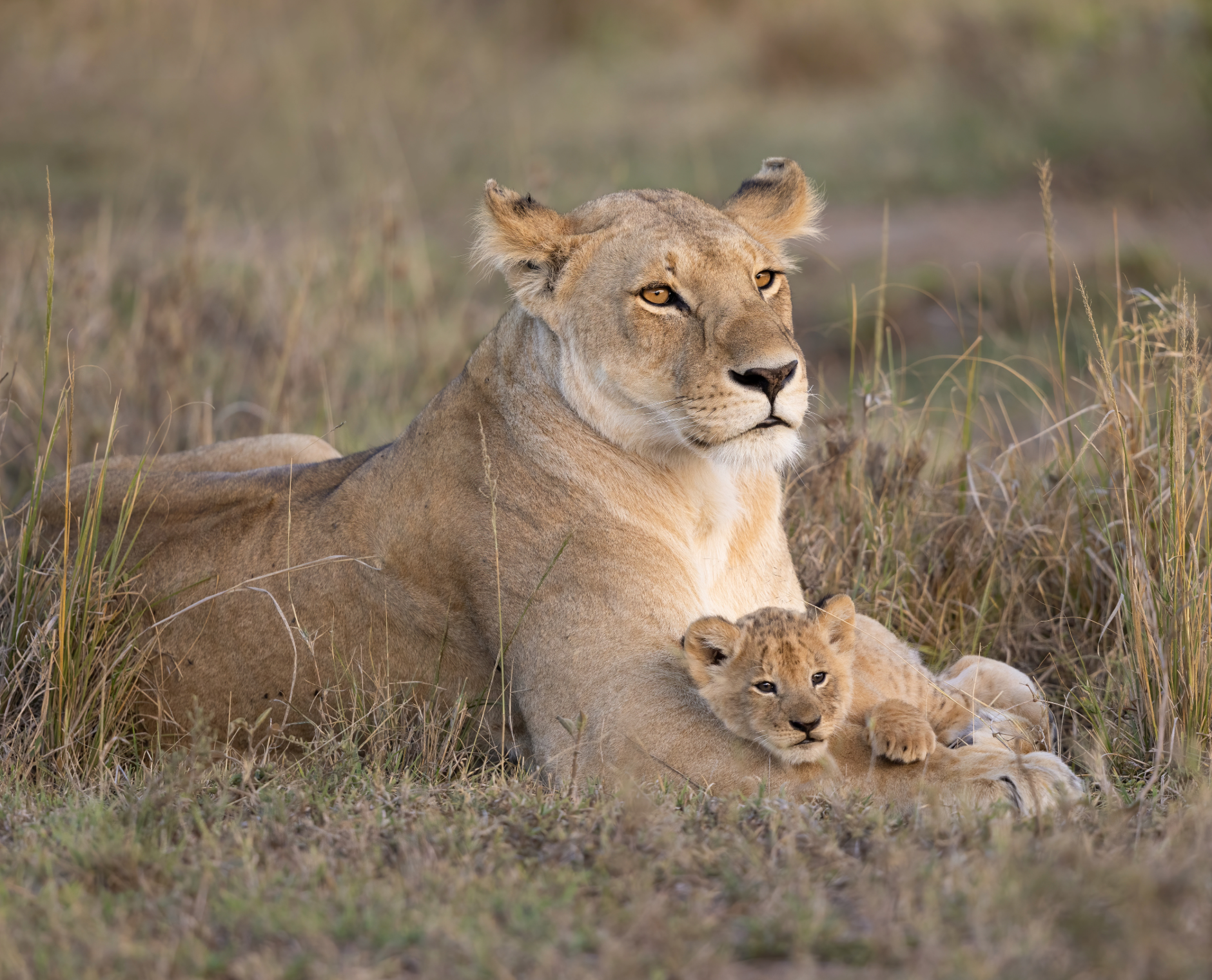
Female lions, called lionesses, are the heart of the pride. They are responsible for hunting and caring for the cubs. Most lionesses stay in the same pride for their entire lives.
Lionesses are often related, such as mothers, daughters, and sisters. These close relationships help them work together when hunting and protecting the cubs. Female lions communicate with each other through body language and sounds, like growls, to coordinate their hunting efforts.
Lionesses give birth to cubs and raise them within the pride. All the females help look after the young cubs, which helps protect them from dangers like predators.
Prides, Male Lions and Cubs
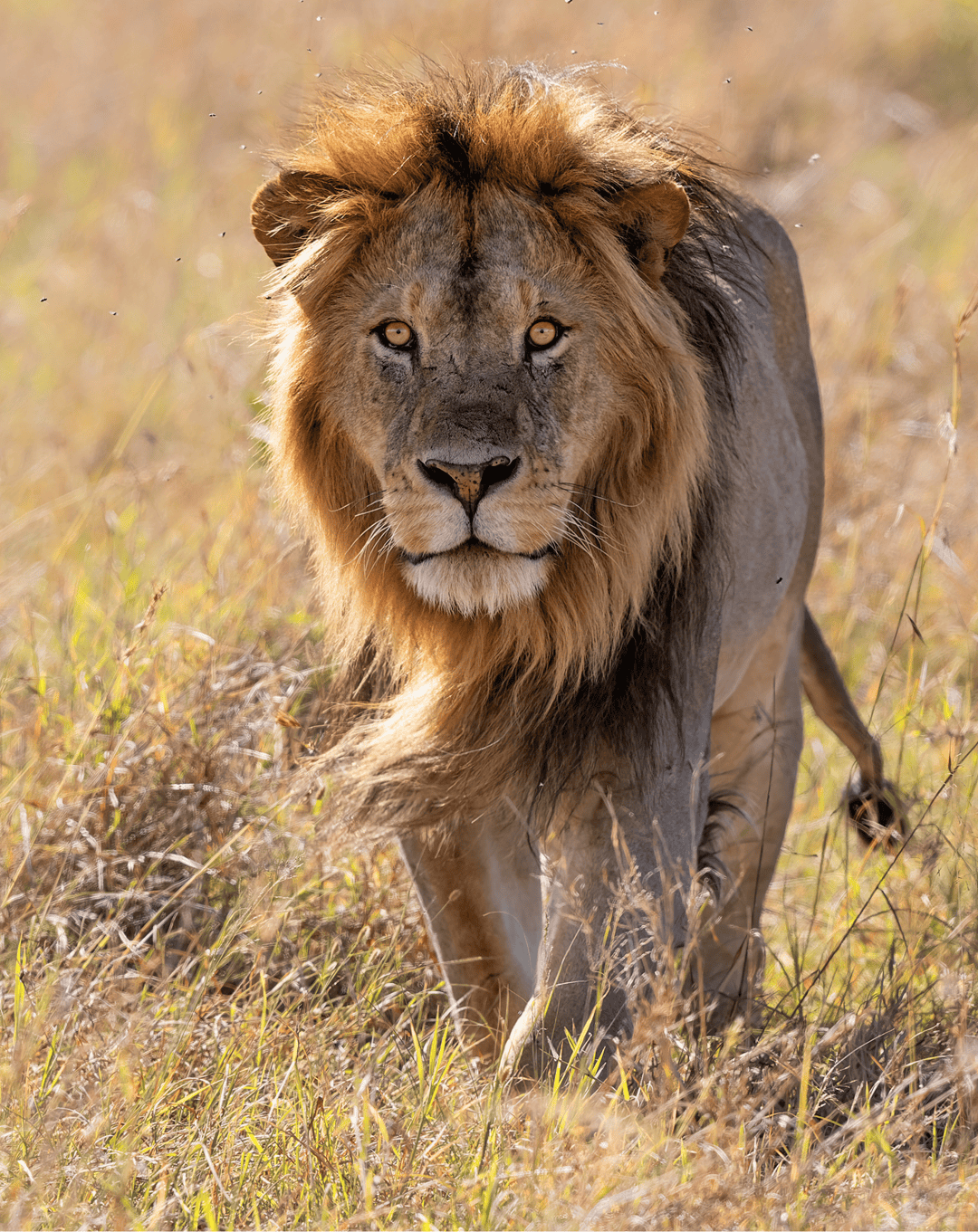
Male lions are the protectors of the pride. Their job is to defend the pride’s territory and keep other male lions away. Male lions also help protect the cubs, but they don’t do as much hunting.
Male lions may form groups called coalitions with other males. These coalitions are often made up of brothers who work together to take control of a pride. When a new male takes over, he might kill the cubs from the previous male, so the lionesses will become ready to have his own cubs.
The dominant male (or males) get to mate with the lionesses, but sometimes lionesses mate with more than one male in the pride.
Growing Up in a Pride
Lion cubs are born helpless and rely on their mothers for warmth and food. At first, they are hidden in a safe place away from the rest of the pride to keep them safe from predators.
As cubs grow, they start playing with each other and their mothers. This play helps them practice important skills for hunting and survival. Cubs start to join the pride on hunts at about 6 months old, although they’re not yet able to hunt on their own.
Cubs watch the adults in the pride, learning by imitation. They start practicing stalking, pouncing, and other hunting behaviors, which will help them become strong, skilled hunters when they grow up.
Table: Stages of a Lion Cub's Life
| Stage | Age Range | Description |
|---|---|---|
| Newborn | 0 - 2 weeks | Born blind and helpless, lion cubs rely entirely on their mother for warmth, food, and protection. Their eyes begin to open around 10 days. |
| Infant | 2 weeks - 3 months | Cubs start to crawl and then walk. They begin suckling frequently and stay hidden in dense vegetation to avoid predators. |
| Juvenile | 3 - 6 months | Cubs start playing, socializing, and eating meat alongside their mother’s milk. They become more mobile and follow the pride. |
| Subadult | 6 months - 2 years | Cubs develop hunting skills by watching and practicing with adults. Males start showing early signs of mane growth. |
| Adolescence | 2 - 3 years | Males are often forced to leave the pride, while females stay. Young lions may form small coalitions or live nomadically. |
| Adulthood | 3+ years | Lions reach full maturity, with males growing full manes and competing for dominance, while females start breeding and raising their own cubs. |
Infographic: Lion Cub Stages
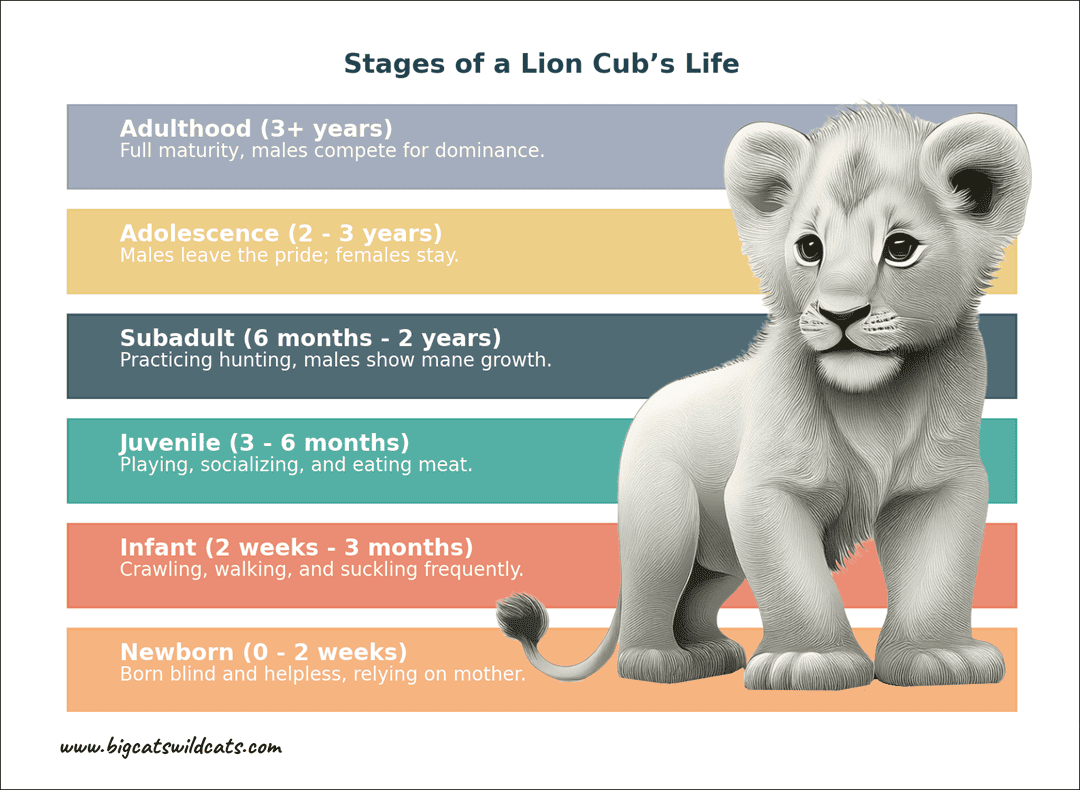
Lion Cub Behavior
Lion cubs have many interesting behaviors that help them grow into strong adults:
- Playing: Cubs wrestle, pounce, and chase each other. This play helps them learn how to fight and hunt.
- Staying Close to Mom: Cubs need their mother’s milk for the first few months and rely on her for food and protection.
- Watching and Learning: Cubs learn by watching older lions. They practice hunting by stalking and pouncing on each other.
- Finding Their Place: Cubs play-fight to figure out who is the strongest. This helps them understand their place in the pride.
- Talking to Each Other: Cubs communicate using sounds, body movements, and smells.
Lion Cubs Compared to Other Big Cat Cubs
While lion cubs share similarities with other big cat cubs, they also have distinct differences:
| Feature | Lion Cubs | Tiger Cubs | Cheetah Cubs | Leopard Cubs |
|---|---|---|---|---|
| Family Life | Live in groups | Stay with mom | Stay with mom | Stay with mom |
| Spots at Birth | Yes, fade with age | Yes, fade with age | Have a long mane-like fur | Yes, fade with age |
| Learning to Hunt | Learn from the pride | Learn from mom | Learn from mom | Learn from mom |
| Playing | Very social | Moderate play | Lots of chasing games | Some play-fighting |
| Leaving Family | Leave at 2-3 years | Leave at 2-3 years | Leave at 1.5-2 years | Leave at 1.5-2 years |
Lion Cubs & Ecotourism
Have you ever heard about the practice of lion cub petting? Also called lion cub interactions or cub cuddling, is an ecotourism activity where tourists pay to touch, hold, feed, or take photos with young lion cubs, often in captive facilities. It’s frequently promoted as a fun or conservation-focused experience. You can also find it referred to as:
- Lion cub interactions: A broader term.
- Cub cuddling: A softer, more appealing phrase emphasizing the tactile experience.
- Lion walks: When older cubs or young lions are involved, tourists walk alongside them, often with petting included.
- Wildlife encounters: A vague term encompassing petting or handling cubs as part of a broader “animal experience.”
These terms are used to downplay the exploitative nature of the activity and appeal to tourists’ emotions or desire to support wildlife. The truth is that cubs are typically separated from their mothers at a young age, causing stress and disrupting natural development. They are often kept in cramped, unnatural conditions and may be sedated for compliance, leading to health problems. As they grow, many are sold to canned hunting operations or private collectors, perpetuating a cycle of exploitation. These practices prioritize profit over animal welfare and don’t do very much to support genuine lion conservation.
According to one study about cub petting using data collected from 49 YouTube videos, “lion cubs in these facilities regularly exhibit stress behaviors, including stereotypies, during tourist interactions.” – Chorney, S., et. al. (2022). Poor Welfare Indicators and Husbandry Practices at Lion (Panthera Leo) “Cub-Petting” Facilities: Evidence from Public YouTube Videos. Animals, 12(20), 2767. https://doi.org/10.3390/ani12202767

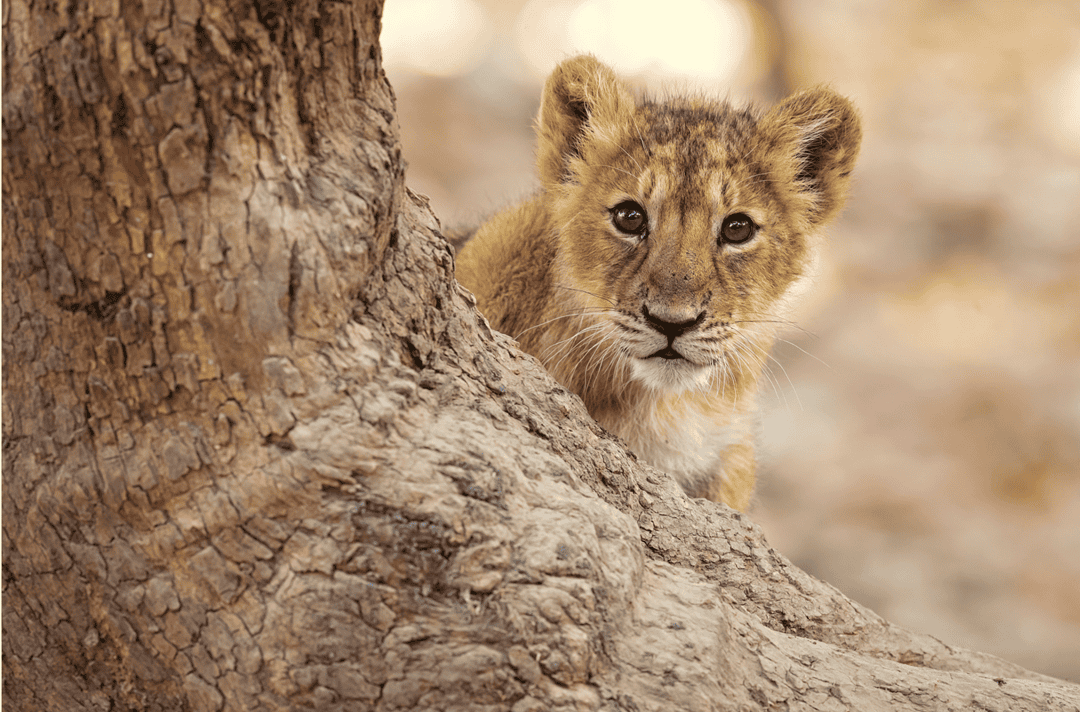
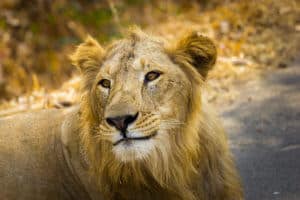
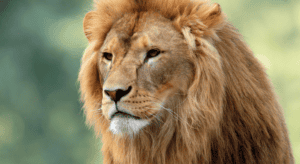

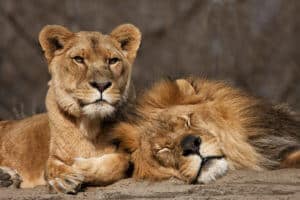
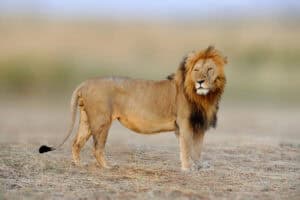

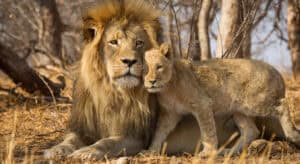
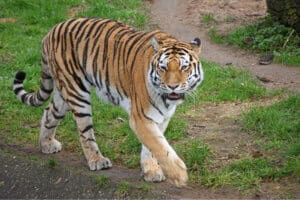
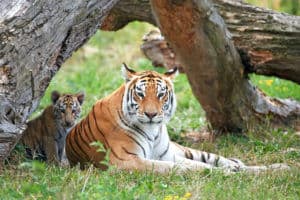
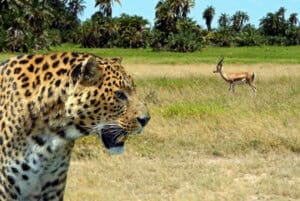

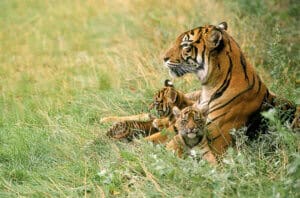
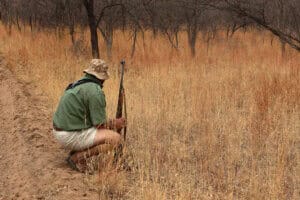
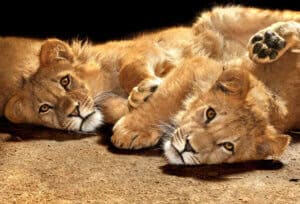
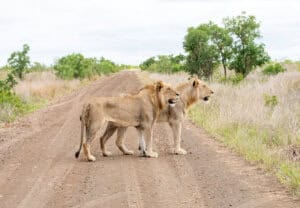
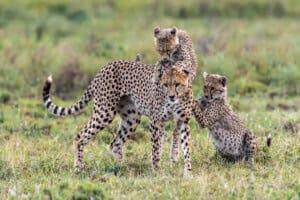


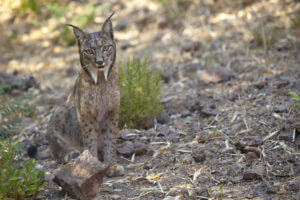
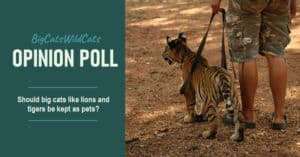
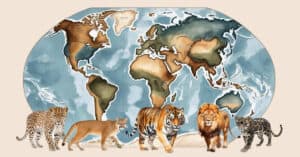
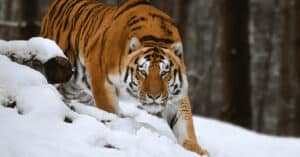
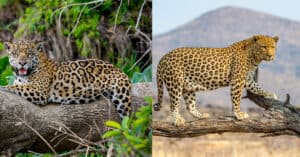
0 Comments